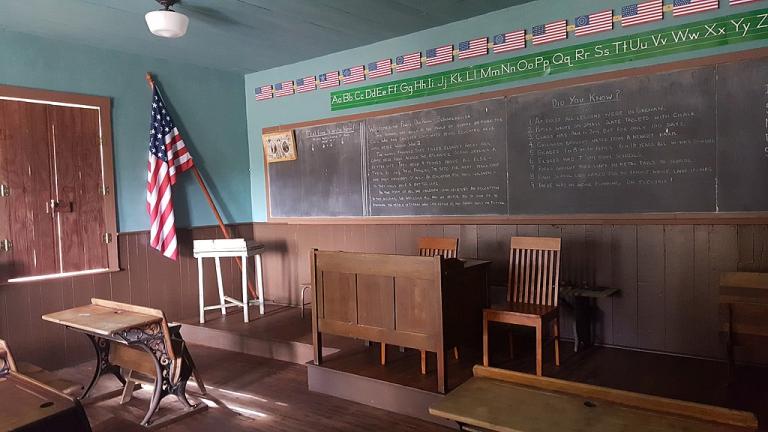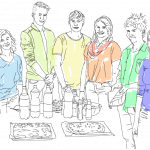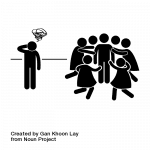Controversies over public schools have flared up, as parents concerned about critical race theory and transgenderism protest what their children are being subjected to, with progressives insisting that “parents should not tell schools what to teach” and the Justice Department investigating angry parents as potential “domestic terrorists.”
Parents are insisting that public schools should not be centers for indoctrinating their children. But indoctrination may be a feature, not a bug, of public education.
According to Columbia Law professor Philip Hamburger, indoctrinating children is what public education has always been about, something he sees as unconstitutional. He wrote an article for the Wall Street Journal entitled Is the Public School System Constitutional? with the deck “Education consists mostly in speech, and parents have a right under the First Amendment to exercise authority over what their children hear.”
Prof. Hamburger says,
Public education in America has always attempted to homogenize and mold the identity of children. Since its largely nativist beginnings around 1840, public education has been valued for corralling most of the poor and middle class into institutions where their religious and ethnic differences could be ironed out in pursuit of common “American” values.
Schools remain a means by which some Americans force their beliefs on others. That’s why they are still a source of discord. The temptation to indoctrinate the children of others—to impose a common culture by coercion—is an obstacle to working out a genuine common culture.
The shared civic culture of 18th-century America was highly civilized, and it developed entirely in private schools. The schools, like the parents who supported them, were diverse in curriculum and their religious outlook, including every shade of Protestantism, plus Judaism, Catholicism, deism and religious indifference.
In their freedom, the 18th-century schools established a common culture. In contrast, public-school coercion has always stimulated division.
The “highly civilized” reference probably alludes to classical education, which is designed to form the free citizen and which works in the context of a wide range of religions and ideologies. This approach was largely abandoned, not just by 20th and 21st century educators but by the early public schools. But now classical education is coming back.
Prof. Hamburger, though on the faculty of a liberal Ivy League law school, advocates homeschooling and private schools–aided by government vouchers–as the alternative to “unconstitutional” public schools. Even if the Supreme Court is unlikely to make that ruling, parents can still assert their freedom by educating their children in those ways, thanks to the court’s ruling in Pierce v. Society of Sisters.
Photo: 1855 One Room School, CC BY-SA 4.0 <https://creativecommons.org/licenses/by-sa/4.0>, via Wikimedia Commons













